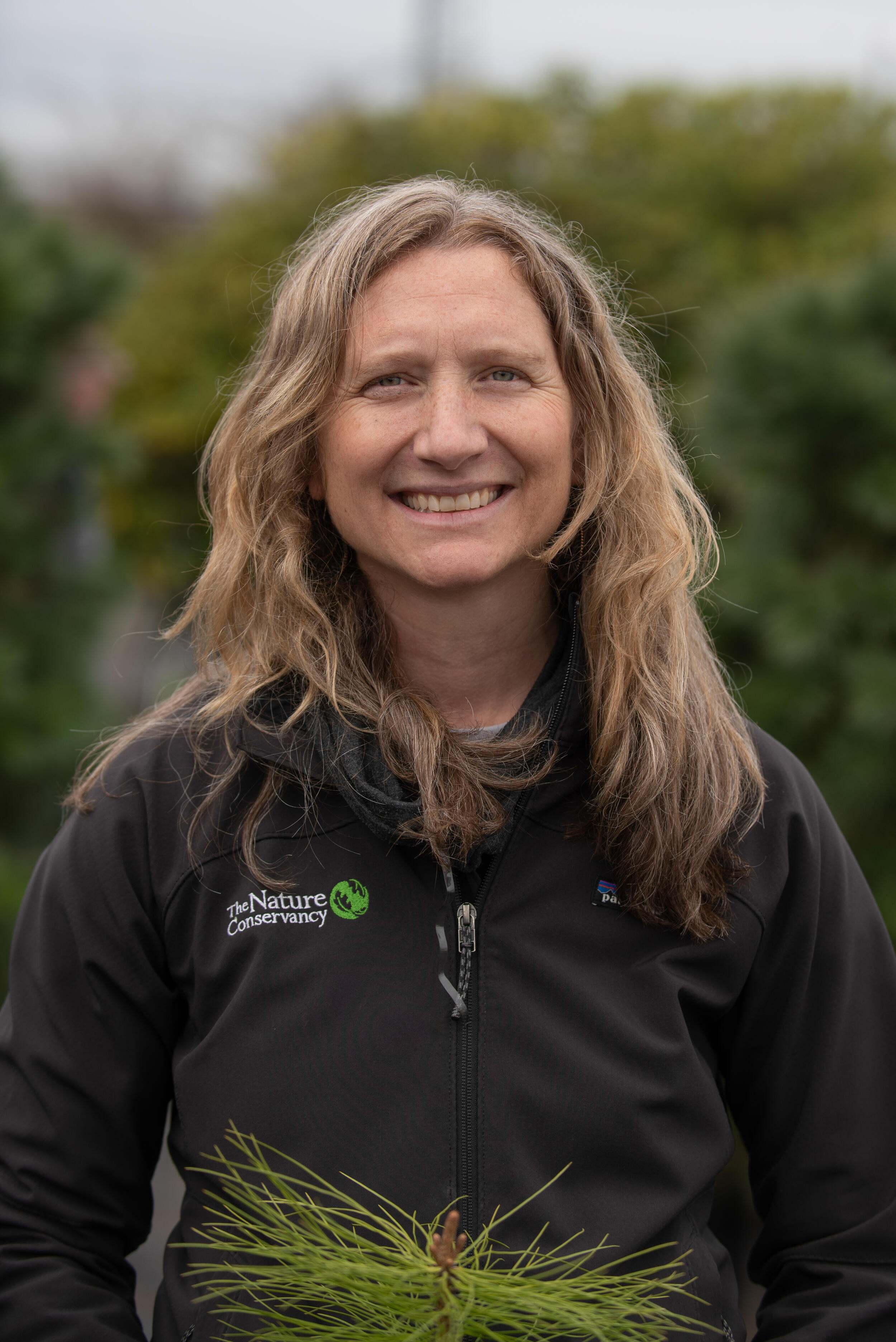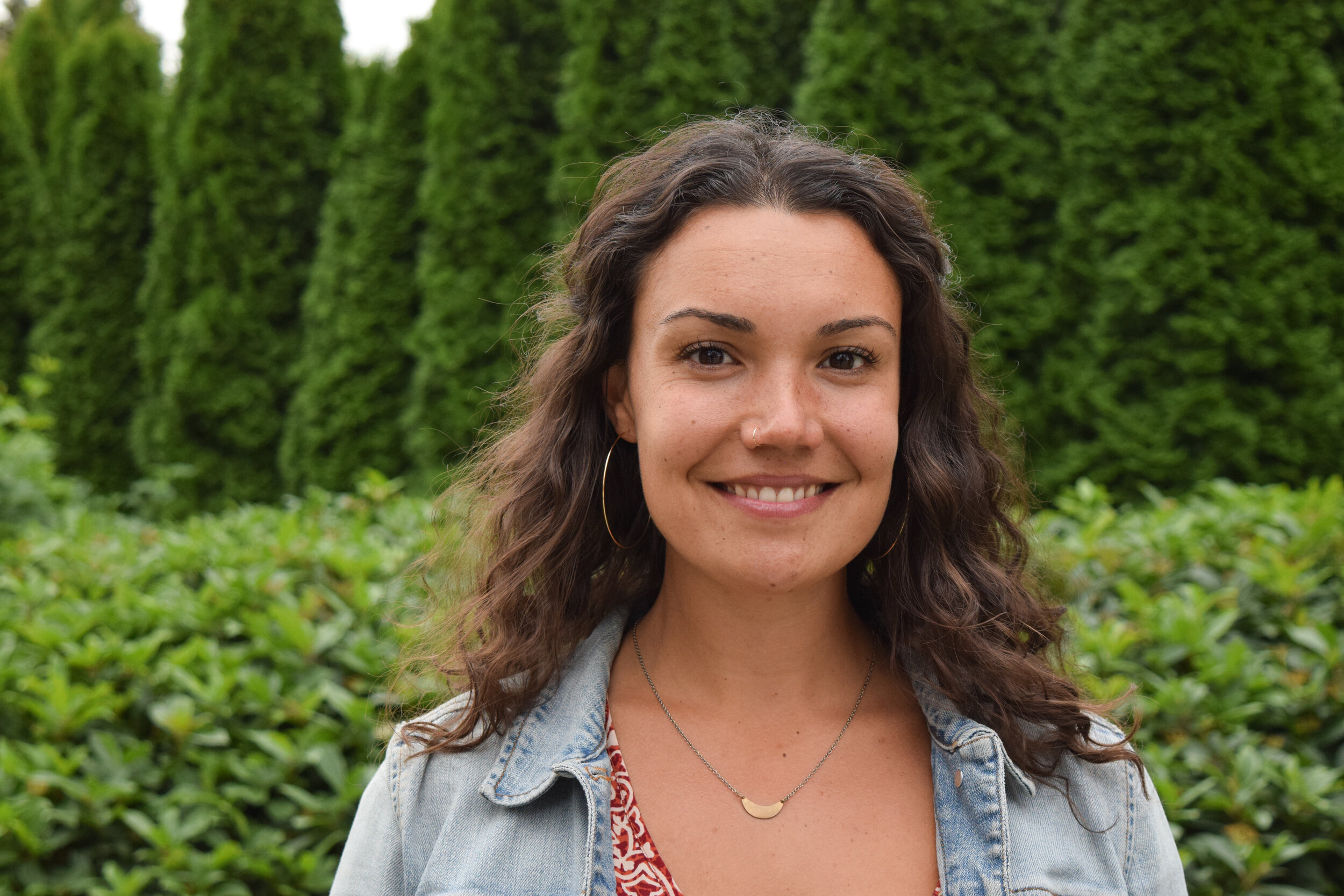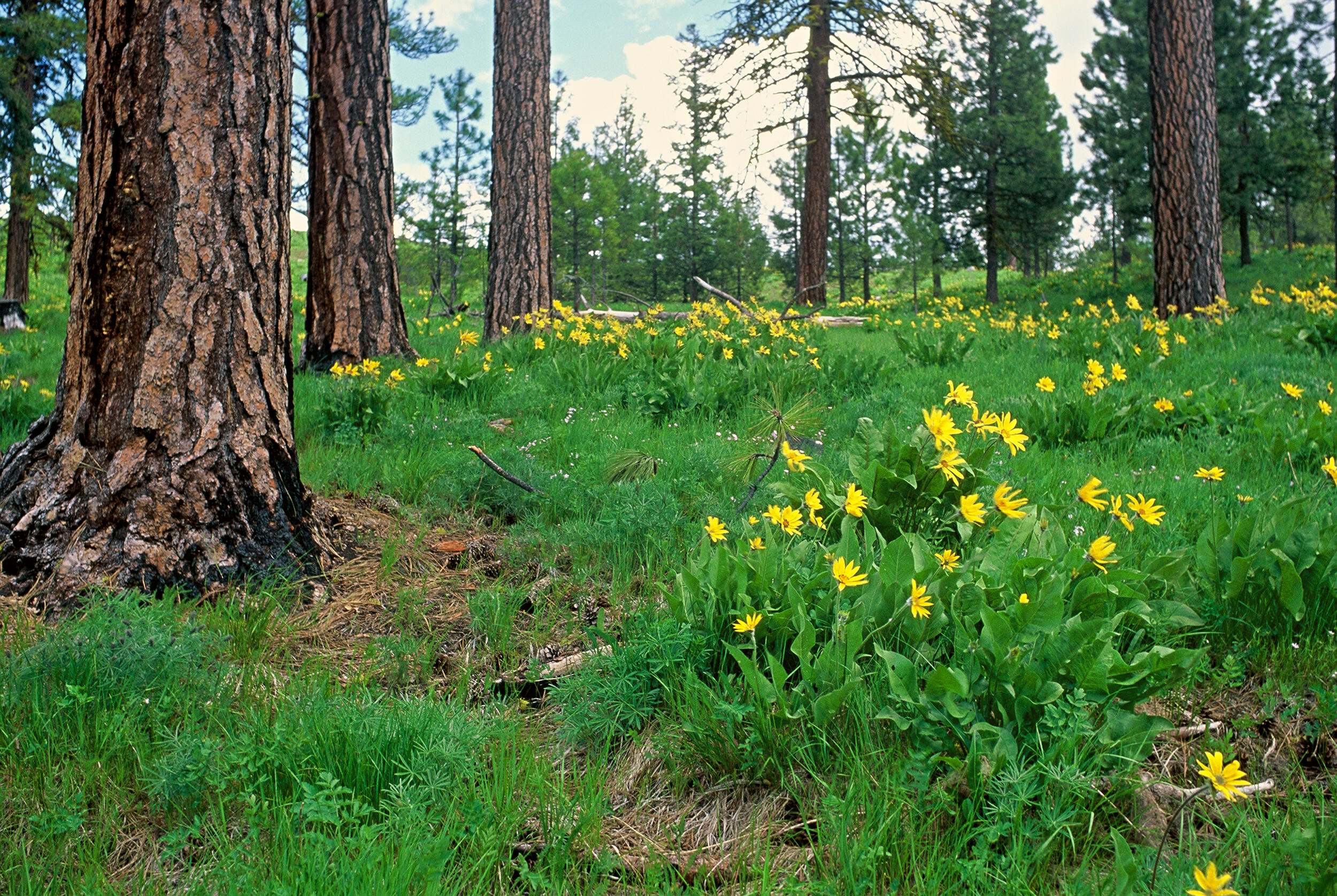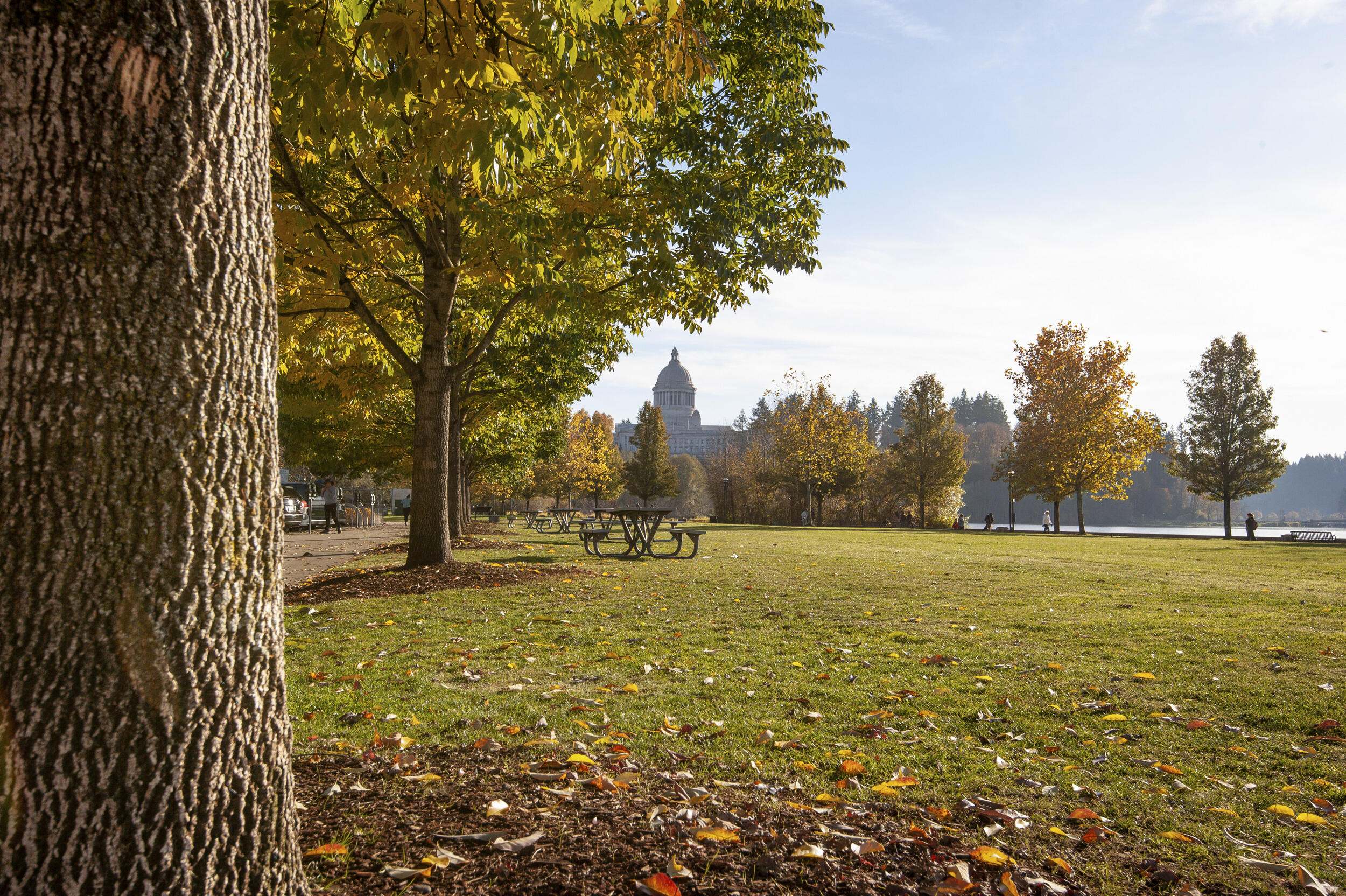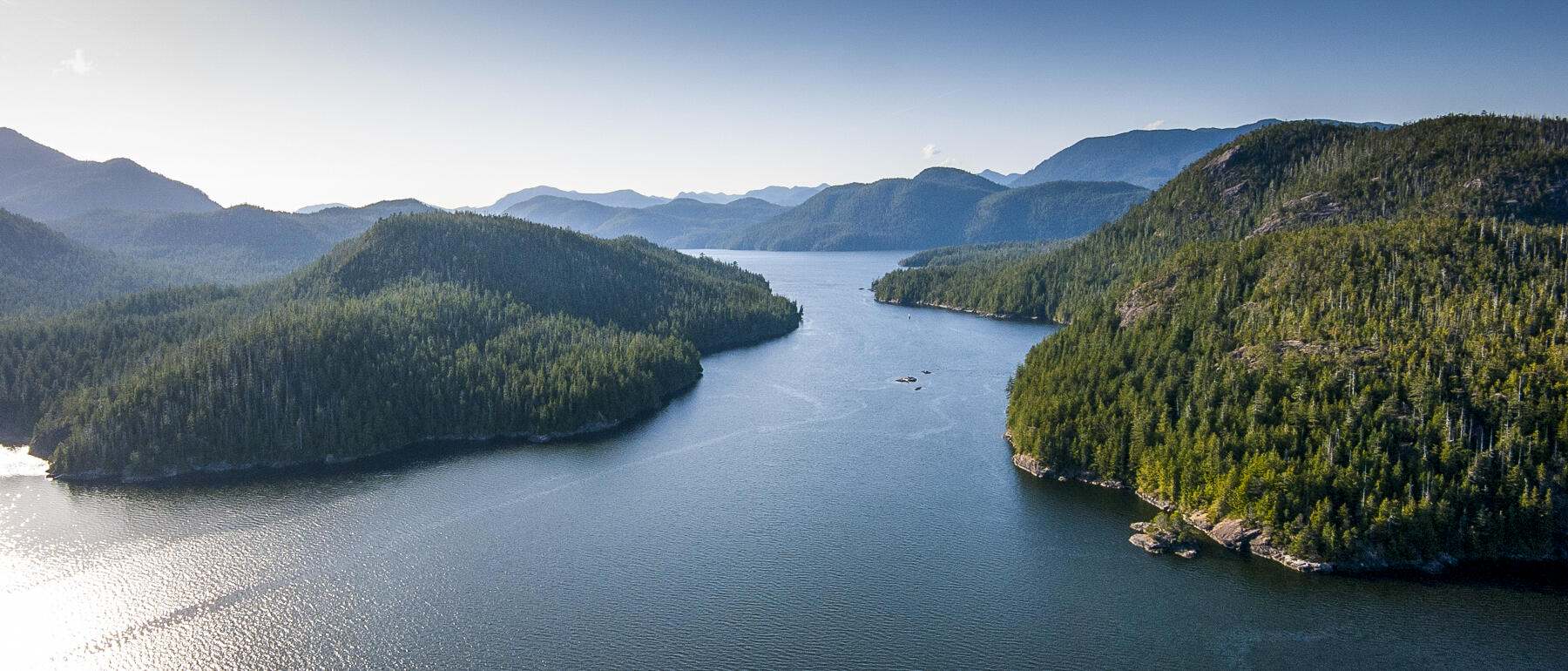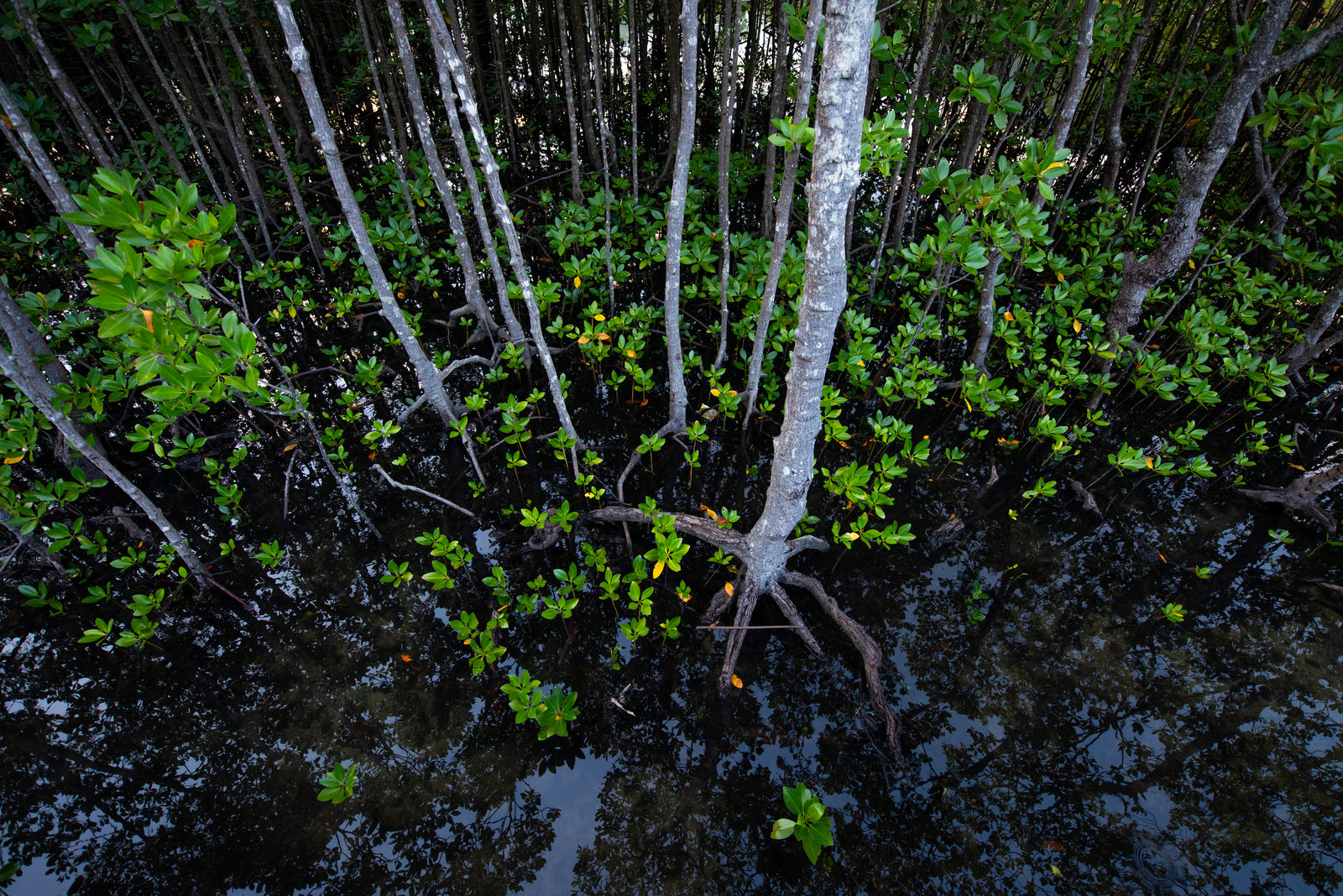
Climate Action Now When it comes to how we approach climate action, we’re focusing on three areas—mitigation, adaptation and community resilience. © Moderate Resolution Imaging Spectroradiometer (MODIS) from the Aqua satellite on July 9, 2003
From heat waves to forest fires to flooding to drought, we are already experiencing the climate crisis here in Washington. It is imperative that we move collectively, proactively, and equitably to mitigate more change, while also adapting our communities for a rapidly changing world.
Climate change is a complex problem with no singular solution—it requires creativity, out-of-the-box thinking, silo-busting and effort that meets the level of the crisis before us.
The climate crisis is exacerbating disparities within our communities and is impacting already fragile ecosystems. The scope of the crisis requires all hands on deck, and we must act collectively.
Women in Climate Science

Science
Science is helping us better understand and respond to the climate crisis, including how the lands and waters of our region are changing and how communities can respond.

Programs
From forests to mountains, coast to fields, cities to rural towns, our work and programs span the state and beyond, working to support ecosystems and communities.

Policy & Advocacy
Building off our involvement with WA Initiative1631, we've been actively advocating for climate-centered policy, and are committed to supporting equitable climate policymaking strategies and priorities going forward.
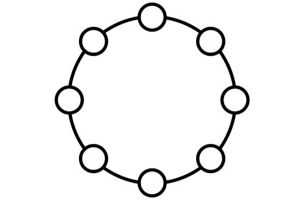
Coalitions & Partnerships
Collective action is critical to addressing the climate crisis, and we won’t be able to achieve our goals without collaborative partnerships or coalitions.
Approaches
When it comes to how we approach climate action, we’re focusing on three areas—mitigation (the interruption or reduction of climate change-driving factors), adaptation (helping ecosystems and communities plan ahead and change), and community resilience (working with communities to support them in a changing climate).
-
Here in Washington, we’re working to uphold landmark climate legislation that will result in 80% carbon reduction in the state by 2050. Plus, our own science has helped identify how Natural Climate Solutions (NCS) can be leveraged across the state to support the state’s net-zero goals for carbon emissions reductions.
-
The climate crisis is already here, meaning we must help ecosystems and communities adapt to the changing climate. We’re monitoring the state’s climate resilience plan, restoring landscapes and waterways at Port Susan Bay to better manage flooding and sea level rise, and evolving our land management practices and planning ahead for a changing climate.
-
By working with communities to understand their needs and the threats that climate change poses for them, we seek to help them better prepare for, withstand, and rebound from climate-related events. Recent resilience-focused projects include advocating for robust air quality monitoring in communities, prescribed fire (TREX), and support of Greening Research in Tacoma (GRIT).
